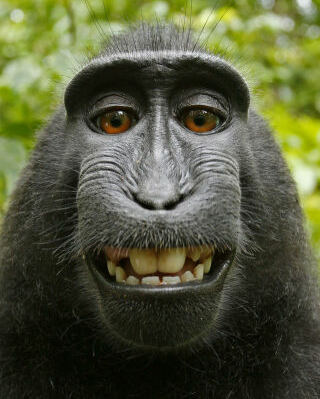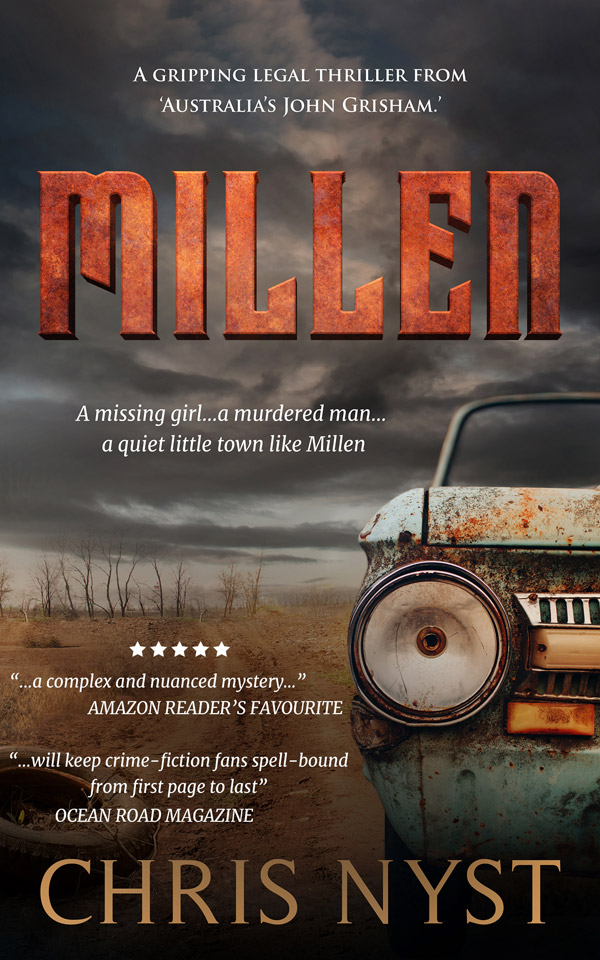As a novelist and film-maker, and advisor to a singer-songwriter son heavily involved in the music industry here in Australia as well as internationally, copyright is a subject near and dear to my heart. I’ve learned from bitter experience that the golden rule for any creative is ‘hold on to copyright as long as you can’. When I wrote my first film script I found the first thing most producers wanted me to do was assign them copyright in the script, and managers and music labels signing up aspiring rock stars are always looking to slip into their agreements clauses giving them a healthy piece of any copyright action that’s on offer. That’s because when it comes to the business of the arts, copyright means control.
Copyright gives the creator of any original work exclusive right to its use and distribution throughout the world, and in the entertainment world that means he who holds the copyright holds the power.
So it’s not surprising to see the battle-lines being drawn over the question of exactly who owns the copyright to the selfie snapped by a cheeky monkey in the jungles of Sulawesi, an image that’s gone viral around the world, appearing on websites, newspapers, magazines and television shows.
When Wikipedia published the remarkable image on its online collection of photographic images, British wildlife photographer David Slater, whose camera the monkey used to zap the happy snap, demanded it be removed. But Wikipedia refused, claiming Mr Slater did not own the copyright because it was the monkey, not Slater, who pushed down the shutter button.
So now they’re off to court to slug out just who owns the copyright. Contrary to most press reports Wikipedia isn’t claiming for a second that the monkey owns the copyright. It can’t, because it’s not a human being. The question is whether anybody actually does. And the answer is a little complicated.
In actual fact animal selfies have been around a long time. As far back as the nineteen twenties British photographer and adventurer F W Champion, an officer in the Imperial Forestry Service, used trip wires strung across tiger routes in the jungles of India to inveigle tigers to capture candid snaps of themselves roaming the forests of the night. No one ever thought to question Mr Champion’s copyright, but perhaps they should have.
Of course it’s not as simple as saying he who presses the shutter button owns the photograph. Otherwise movie cameramen would be the world’s richest folk. And trust me, they’re not. Employees who create original works as an incident of their employment acquire no copyright; it goes to their employer. The creative director of a photographic work may acquire a share of copyright without going anywhere near the shutter button. In the case of the grinning monkey picture David Slater will no doubt argue that, by providing all of the photographic equipment, travelling to Indonesia, setting up the possibility for the photograph to be taken, and providing the monkey with the opportunity to flash his pearly whites, he was the creative force behind the photograph and thereby acquired full copyright in the image.
In the end the question is ‘who was it that created the work?’
Oh, and in this case, ‘were they human?’













